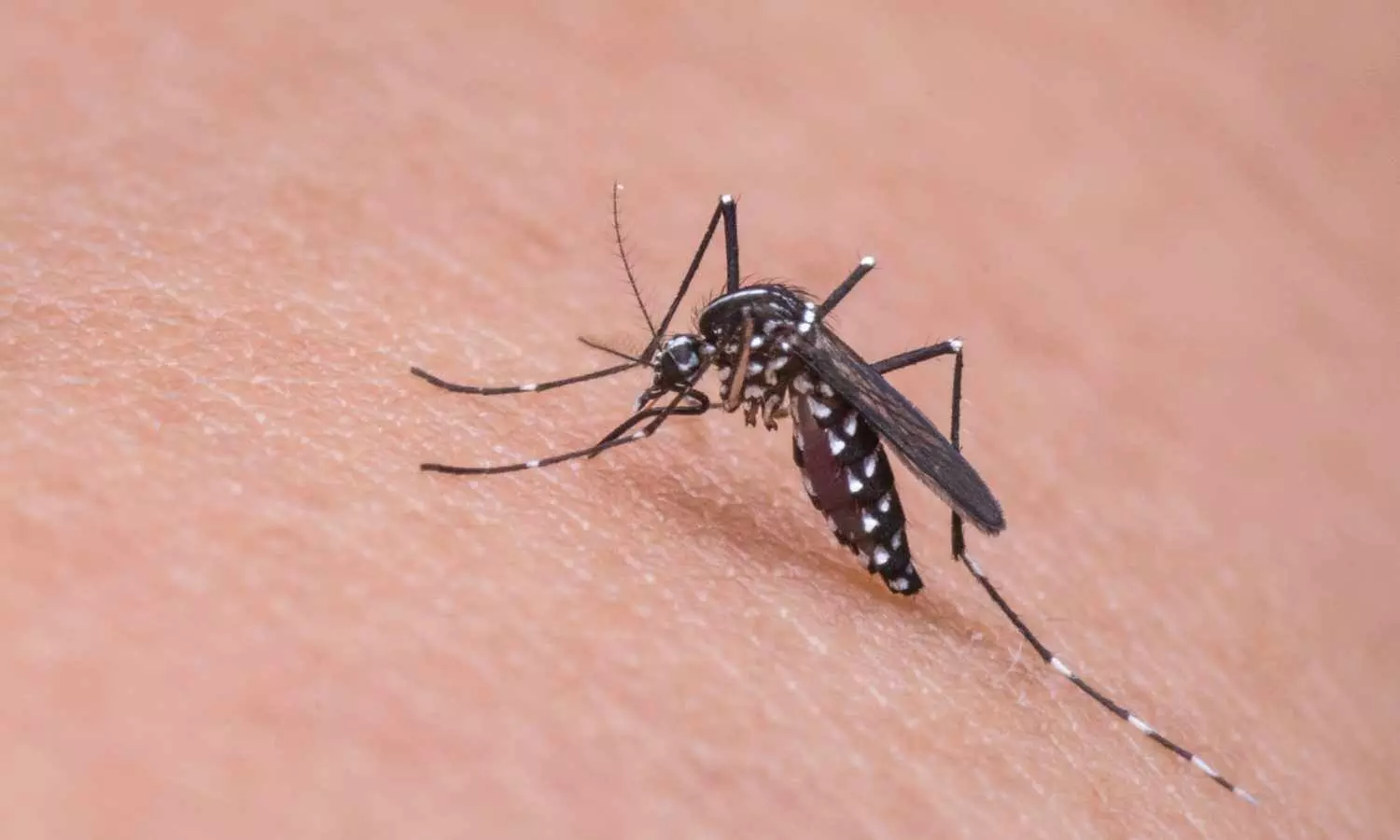AP to use AI to fight against mosquito menace, to launch special projects at hotspots
Andhra Pradesh to leverage AI-based mosquito surveillance and special hotspot projects to combat vector-borne diseases. The initiative aims to enhance early detection, targeted interventions, and public health monitoring across the state.
AP to use AI to fight against mosquito menace, to launch special projects at hotspots

The Municipal Administration and Urban Development Department of Andhra Pradesh is getting ready to launch a focused ‘smart mosquito control’ programme using deep technology to check vector-borne diseases.
The AI-powered Smart Mosquito Surveillance System (SMoSS) will be launched on a pilot basis at 66 locations in six major municipal corporations as monsoon has set in the State as predicted.
SMoSS will primarily safeguard public health by curbing the dreaded mosquito menace and it will also reduce operational burden on civic staff and cut costs of urban local bodies.
The MAUD Department is making community participation a key element by declaring every ‘Friday, a Dry Day’ to eliminate mosquito breeding spots. The programme will be closely and effectively monitored with the help of Internet-of-Things like drones, sensors, heat maps and traps.
The pilot will soon be launched at 16 locations in Greater Visakhapatnam Municipal Corporation (GVMC), four in Kakinada, five in Rajamahendravaram, 28 in Vijayawada, seven in Nellore and six in Kurnool.
MAUD Department Principal Secretary S. Suresh Kumar and Director of Municipal Administration P. Sampath Kumar recently studied the AI-powered SMoSS, developed by a private agency, to assess its efficacy.
AI-powered smart mosquito sensors will be installed in key mosquito-prone zones in the selected urban local bodies as part of the pilot project. These smart sensors will detect the mosquito species, their gender, density, temperature and humidity.
SMoSS will trigger automatic alerts when mosquito density crosses a threshold level in any particular area. Data thus generated will be continuously streamed to a central server and visualised on a real-time dashboard.
“This will enable close monitoring and ensure prompt fumigation in the affected areas in a data-driven approach for effective control of mosquitoes instead of the present ‘blind spraying’ process that has little impact. The IoT sensors will monitor mosquito density and guide the targeted activity,” according to Suresh Kumar and Sampath Kumar.
Use of drones for spraying the larvicide would result in an efficient application by covering large areas with less chemical use, time and also based spraying, prevention of chemical overuse and promotion of public health safety are the key elements in the whole operation.
“We will be outsourcing the operations completely to specialized agencies and payment will be result-oriented by fixing operational accountability. Complaints, if any, from the citizens and field-level functionaries will be tracked via mobile applications (Vector Control and Puramitra),” Suresh Kumar and Sampath Kumar said.
A system is also being put in place for reporting daily on cases like malaria, dengue and chikungunya from hospitals. Based on the data, (mosquito) hotspots will be identified for focused action.
Special action plans are being drawn for scheduled fogging and larval treatment in hotspots.
“The whole focus and approach of SMoSS is safeguarding public health. Prevention (of diseases) through containment (of vectors) will be the driving spirit,” Suresh Kumar and Sampath Kumar noted.

